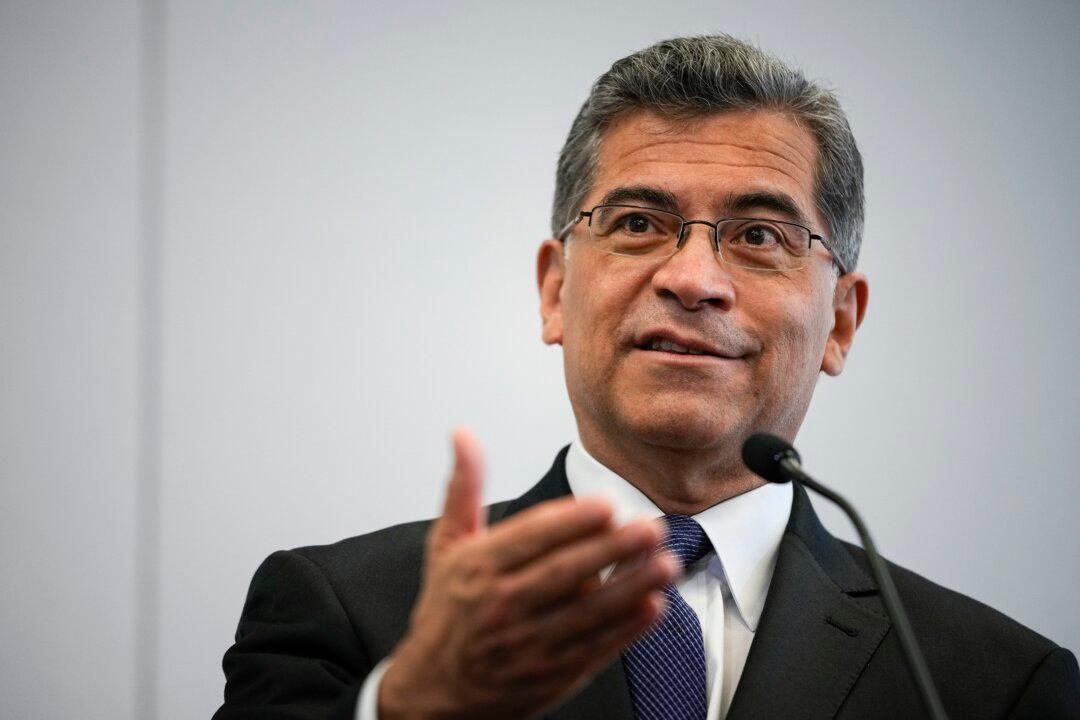The Biden administration announced that it’s overturning a Trump-era Department of Health and Human Services (HHS) rule that excluded gender identity from sex discrimination protections in the Obamacare statute.
The rule dealt with Section 1557 of the Affordable Care Act, which made it unlawful to discriminate on the basis of “race, color, national origin, sex, age, or disability in certain health programs and activities.”





